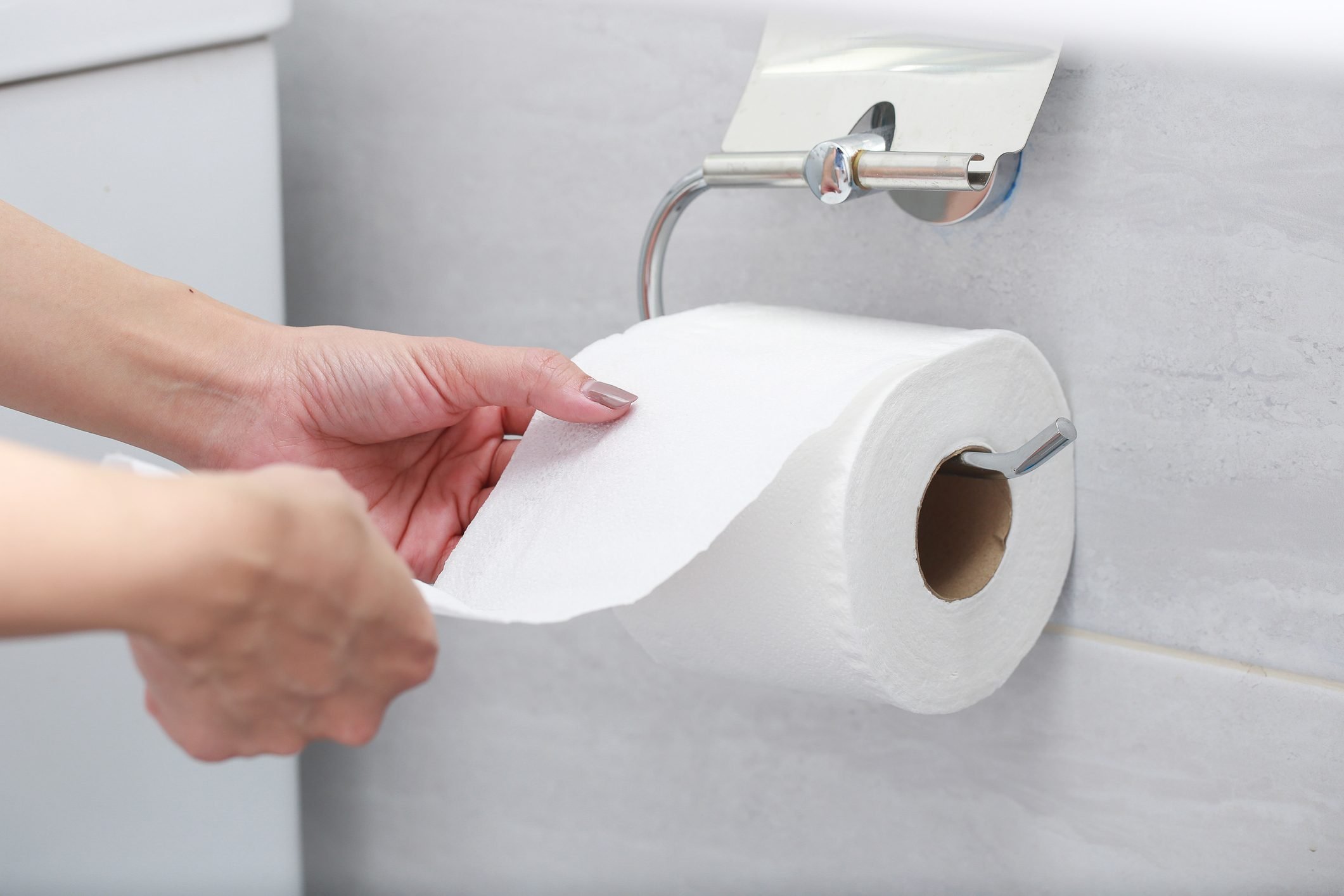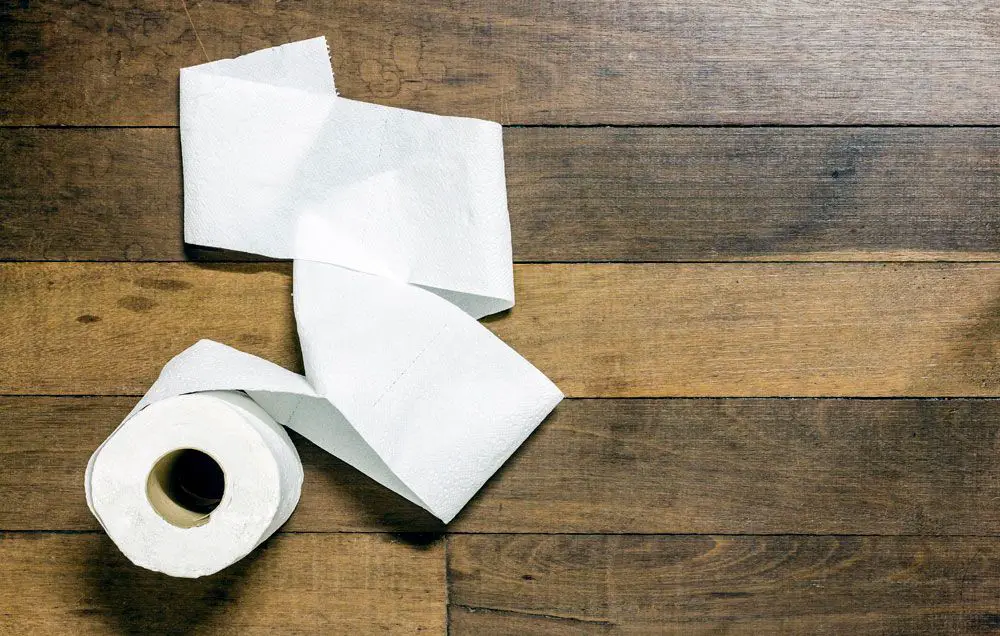Consume alternative food instead of toilet paper. Another possibility is to spray each page with an unpleasant odor. This is an edible liquid usually found in pharmacies designed to prevent patients from biting their nails. In this way, the chewing paper will lose its appeal. Let’s learn how to stop eating toilet paper.
How to Stop Eating Toilet Paper

If you’re like most humans, you probably use toilet paper every day. But if you’re like most humans, you might not know how to stop eating toilet paper. Here are a few tips to help you stop eating toilet paper:
- Make a list of all the ways you eat toilet paper. This can help you to see how much toilet paper you’re consuming and whether it’s really necessary.
- Try using a different type of toilet paper. Some people prefer rice-based toilet paper because it doesn’t leave a film on their hands or walls.
- Exercise your willpower!
If you try to stop eating toilet paper, but it’s hard, don’t give up! Just keep trying different methods until you find one that works for you.
How typical is the consumption of toilet paper?

We think the main objective is to determine whether the consumption of toilet paper tissues is commonplace. I typed “eating paper” into Google and received almost 52 million results. While a Google search for “eating grass” returned over 31 million results. So, if that argument is valid, eating tissue may be more natural than consuming cannabis.
We think it’s more important to be aware of your habits and how they influence how you think and feel about yourself.
How the role and consequences of its consumption are composed.
Toilet paper is treated with certain chemicals. As a result, you are bound to experience hunger at some point. In addition, the paper contains numerous toxins, and its ingestion is detrimental to health.
If you cannot refrain from eating something fundamentally unfit for consumption, you should seek professional help or advice.
For starters, it can choke you, and, more importantly, notebook paper contains bleaches, dyes, and ink that are potentially harmful to the health of those who consume it, even more so if it is a regular occurrence.
Consuming notebook paper is technically lethal. This suggests that it is essential to break the habit.
Why the desire to eat toilet paper?

A child was about two and a half years old when his parents first noticed it when he walked into the bathroom, where he was, snatching a piece of toilet paper from a full roll.
The pediatrician diagnosed him with pica, an obsession with eating non-food materials, usually paper, chalk, soap, dirt, or ashes.
The doctor said this is often seen in malnourished children, but since my son was not hungry, it was most likely behavioral and would pass at age four. Thus, she informed me that he was most likely seeking attention.
There’s no doubt that her paper-eating habit has diminished considerably in recent years, and I’d like to believe it will soon be over.
Bottom line
If you develop a craving for toilet paper, I recommend replacing it with dry crackers, rice paper, or any other edible food that resembles paper cravings. Another option is to spray each page with an offensive odor – this is a palatable liquid commonly available in drugstores and is meant to deter people from biting their nails.
Consuming toilet paper can cause choking and contains substances that can be hazardous to consumers’ health. If you find yourself unable to refrain from consuming something essentially inappropriate for consumption, seek expert help or advice. This demonstrates the critical nature of breaking the habit.




